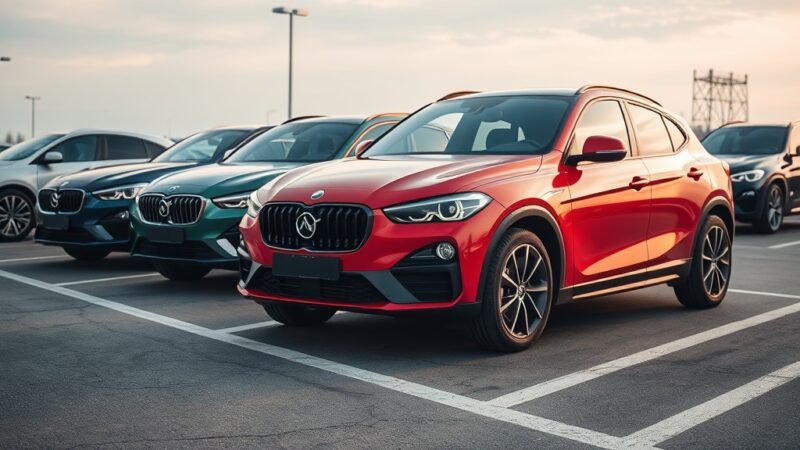
Cars With Best Gas Mileage For Young Professionals
Top Cars with Best Gas Mileage for Young Professionals: Balancing Budget and Style Finding a car that balances style, budget, and gas mileage is a…
Expert reviews, comparisons, and guides to help you find the perfect fuel-efficient vehicle for your needs and budget
Reduce fuel costs by up to 50% with modern efficient vehicles and hybrids
Lower emissions and reduce your carbon footprint for a cleaner planet
Access cutting-edge hybrid and electric vehicle innovations
Fuel-efficient cars maintain higher resale values over time
We are dedicated to helping you make informed decisions about fuel-efficient vehicles. Our comprehensive guides cover everything from hybrid technology to electric vehicles, helping you save money while reducing your environmental impact.
Whether you're looking for a compact commuter car or a family-friendly hybrid SUV, we provide detailed reviews, comparisons, and expert advice to guide your decision.
In today's world, fuel efficiency is more important than ever. Not only does it save you money at the pump, but it also reduces your carbon footprint and contributes to a healthier planet.
Our mission is to provide you with accurate, up-to-date information on the most fuel-efficient cars available, helping you make choices that benefit both your wallet and the environment.
Generally, a car that gets 30 MPG or higher on the highway is considered fuel-efficient. Hybrid vehicles often achieve 40-50 MPG or more, while electric vehicles offer the equivalent of 100+ MPG. However, what's considered "good" depends on the vehicle class - a fuel-efficient SUV might get 25-30 MPG, while a compact car should aim for 35+ MPG.
Hybrid cars typically cost $3,000-$5,000 more than their conventional counterparts, but they can save you significant money on fuel over time. If you drive frequently, especially in city conditions where hybrids excel, you could recoup the extra cost in 3-5 years. Additionally, hybrids often have lower maintenance costs and higher resale values.
To maximize fuel efficiency: maintain proper tire pressure, remove unnecessary weight from your vehicle, avoid aggressive driving and excessive idling, use cruise control on highways, keep your engine properly maintained, and combine short trips. Regular maintenance like air filter changes and oil changes also help optimize fuel economy.
Regular hybrids use a gasoline engine and electric motor that recharges through regenerative braking - you never need to plug them in. Plug-in hybrids (PHEVs) have larger batteries that must be charged via an electrical outlet, allowing them to drive 20-50 miles on electric power alone before the gas engine kicks in. PHEVs offer better fuel economy if you charge regularly but cost more upfront.
This depends on your driving habits and charging access. EVs are ideal if you have home charging, drive mostly within the vehicle's range, and want the lowest operating costs. Fuel-efficient gas or hybrid cars are better if you frequently take long trips, don't have reliable charging access, or want lower upfront costs. Consider your daily commute distance, parking situation, and local charging infrastructure when deciding.

Top Cars with Best Gas Mileage for Young Professionals: Balancing Budget and Style Finding a car that balances style, budget, and gas mileage is a…
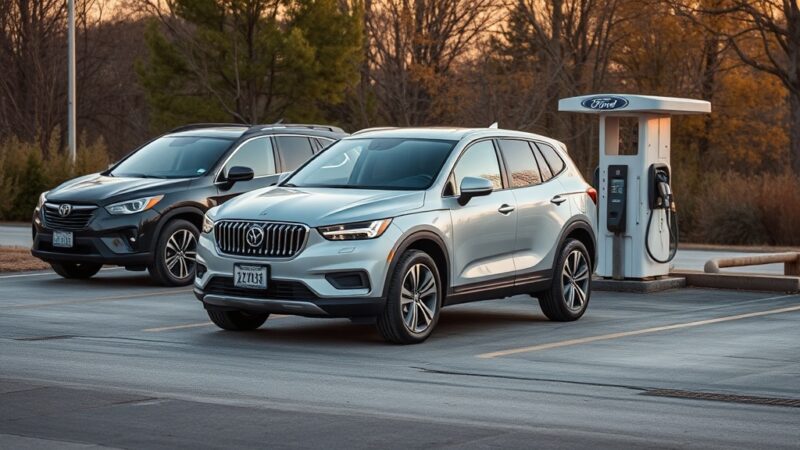
Exploring the Most Gas Efficient Vehicles for Photographers on Location Finding the right vehicle is essential for photographers, especially when working on location. You need…
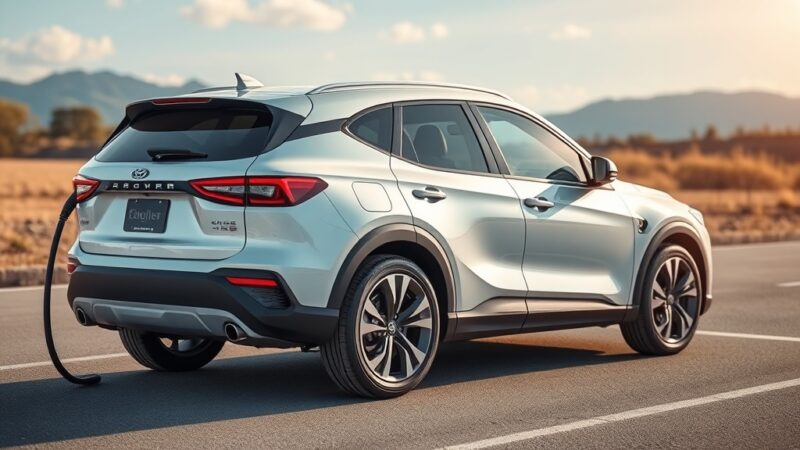
Exploring Fuel Efficiency Cars That Enhance Your Active Lifestyle For those who lead an active lifestyle, balancing daily tasks with outdoor adventures can be a…
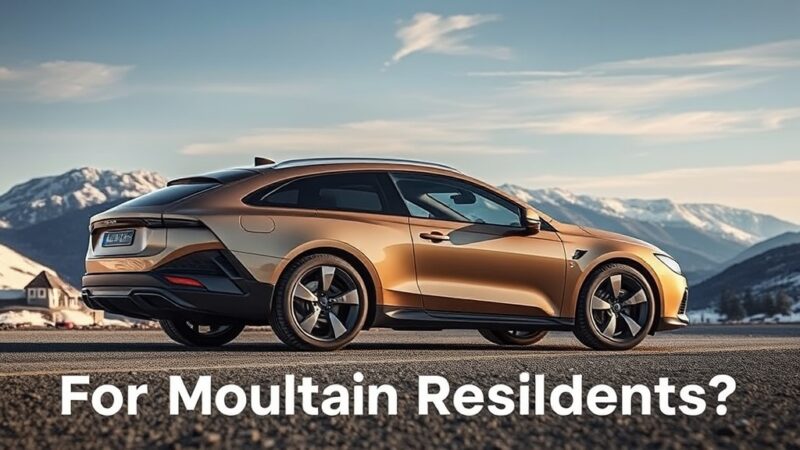
The Best Fuel Efficient Cars for Mountain Residents: Top Picks for 2023 When you live in the mountains, the right car makes a big difference…
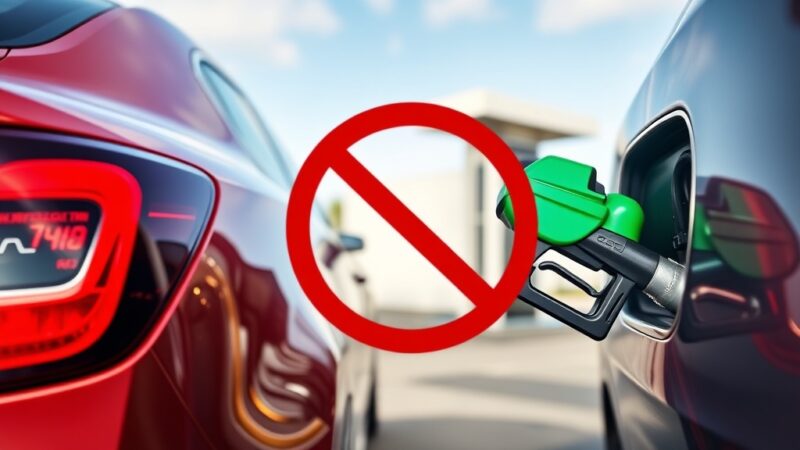
Choosing the Right Fuel for Your Best Gas Efficient Cars When it comes to optimizing your driving experience, choosing the right fuel for your gas-efficient…
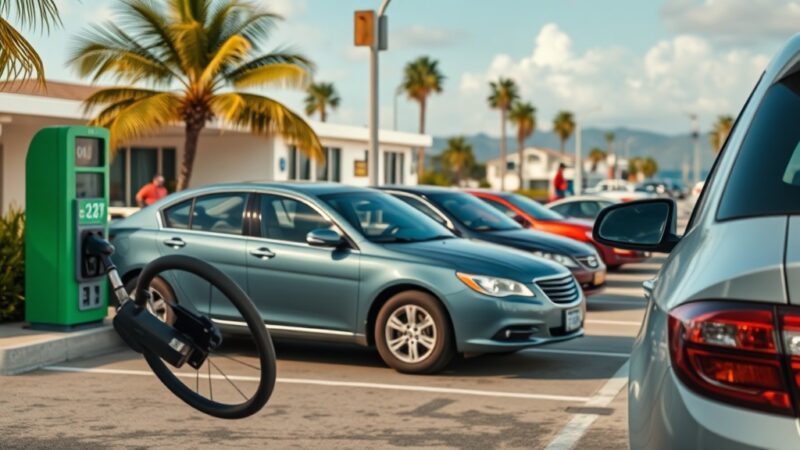
The Best Cars with Highest Gas Mileage for Beach Communities If you live in a beach community, you know how essential it is to get…
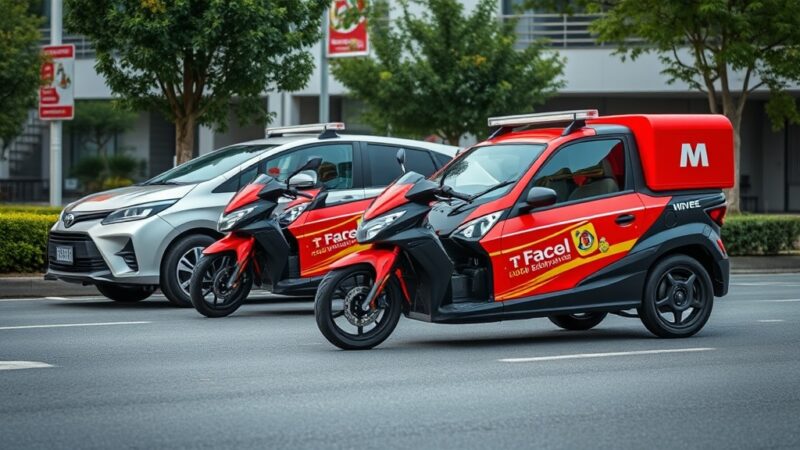
Exploring Cars with the Best Mileage for Food Delivery Services When it comes to food delivery services, knowing which cars offer the best mileage is…
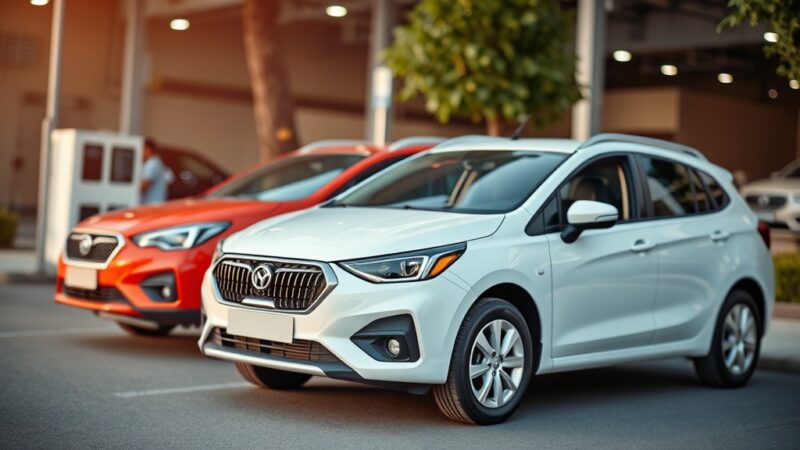
Top Fuel Efficient Car Models for Small Business Owners: A Comprehensive Review When it comes to operating a small business, every penny counts, especially when…
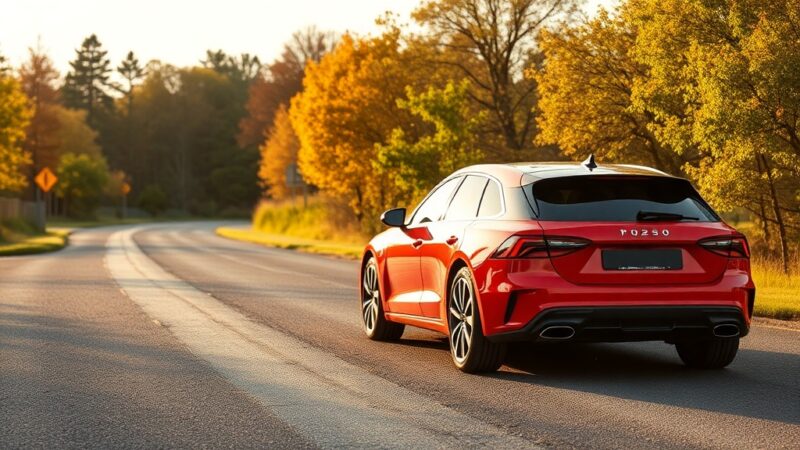
Best Fuel Consumption Car Choices for Empty Nesters: Top Models and Features As you transition into the empty nester phase of life, the freedom to…